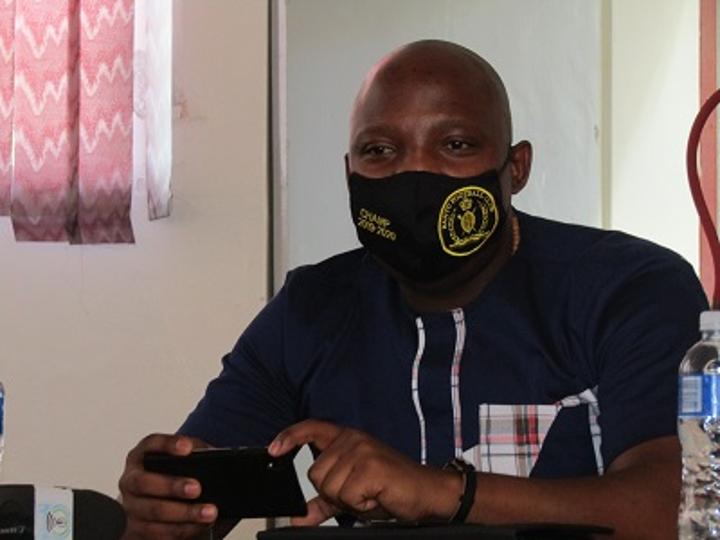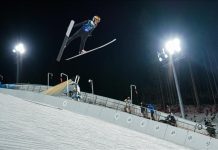Africa-Press – Lesotho. Following many years of to and fro the National Media Policy will finally see the light of the day. This is after its adoption by the National Reforms Authority (NRA) on Tuesday following strings of
consultations with relevant stakeholders. NRA at its 11th ordinary sitting adopted the draft policy with amendments after it was presented by the Media Reforms Technical Committee.
It is expected that the draft will be dispatched to Parliament for debates and adoption paving a way to its operationalization. As the fourth estate within the democratic dispensation, the media plays a watchdog role and one of
its functions is to hold not only the office bearers but also the governance institutions accountable through its factual, credible and balanced news reporting.
According to The Lesotho We Want: Dialogue and Reforms for National Transformation document “Lesotho has had a long history of political instability and security challenges.
The instability has been occasioned by several factors- including weak State and governance institutions; elite dominance of the political space; continuous splintering of
leaders-centred political parties that are marked by poor management and weak internal democracy…. All these elements run counter to the principles of
effective and democratic governance, uncertainty, an environment of lawlessness and abuse of human rights, inefficiency and retrogression in socio-economic
development. ” The policy is envisaged to amongst others regulate the conduct of the media fraternity and its practitioners. “It provides a framework upon which to refer to when ethical and
other dilemmas surface. Therefore, media proprietors, media producers, editors, managers and senior officers as well as practitioners are bound by the dictates
of this policy,” this is per its introduction. The policy is of the belief that the economic growth of Lesotho bears an impact on the development trajectory of the media industry.
It attributes this to the “largely” dependant media on corporate and governments as they buy advertising space and this is how the sector generates income for its sustenance.
Speaking at the meeting the Media Reforms Technical Committee Chairperson Nkoale Oetsi Tšoana indicated that they requested the Ministry of Communications, Science and Technology to
hand over media reforms affairs so that they could handle them. Tšoana highlighted some of the ideas the draft comprises, “media shall avoid fusion of their personal emotions in all their reporting on national
issues. They shall detach themselves all the time from the activities, events and stories they are doing by avoiding to be personally involved. This will
help them to be impartial and unbiased. Media editors and practitioners shall not attach feelings and sentiments to the stories they are producing and
editing so that the truth prevails as naked as it is,” he stated. He further mentioned that if a reporter or journalist is aware that he or she is related to the story receiving coverage,
it is prudent that he or she recuses himself or herself in order to avoid the emotional and sentimental attachment or possible subjectivity thereof. He added that editors should refrain from
assigning reporters or journalists they know are conflicted in a story or have some relation, which may inadvertently invoke sentimental or subjective
attachment. Reacting to this development, the Media Institute of Southern Africa (MISA) Lesotho Chapter, a media advocacy body, said in a statement: “Adoption of the policy by NRA is
indicative of a step closer to submitting it before the National Assembly. MISA Lesotho strongly believes that the draft [of the] National Media Policy as
adopted with amendments by the NRA plenary, is a shining light to Lesotho’s ailing media sector. ” Media has been chosen as one of the seven thematic areas which will go under the reforms process.
The NRA is a resultant of the Second Multi-Stakeholder National Dialogue Plenary II which is charged with the mandate to implement reforms. It is established through the Parliament Act No. 4, 2019 and the NRA Regulations, 2020 and it is accountable to the Parliament (both Lower and Upper Houses).
For More News And Analysis About Lesotho Follow Africa-Press






